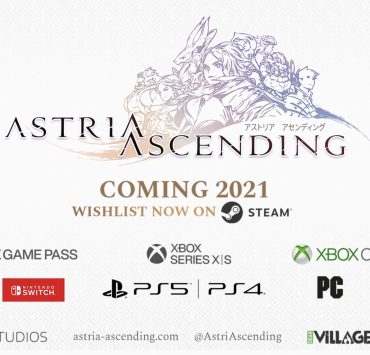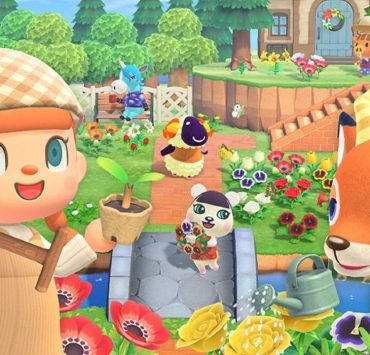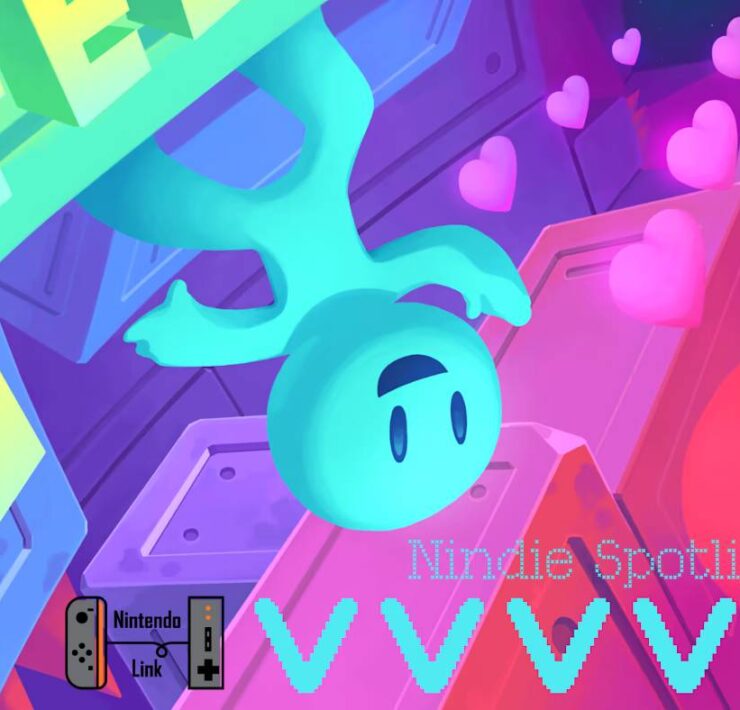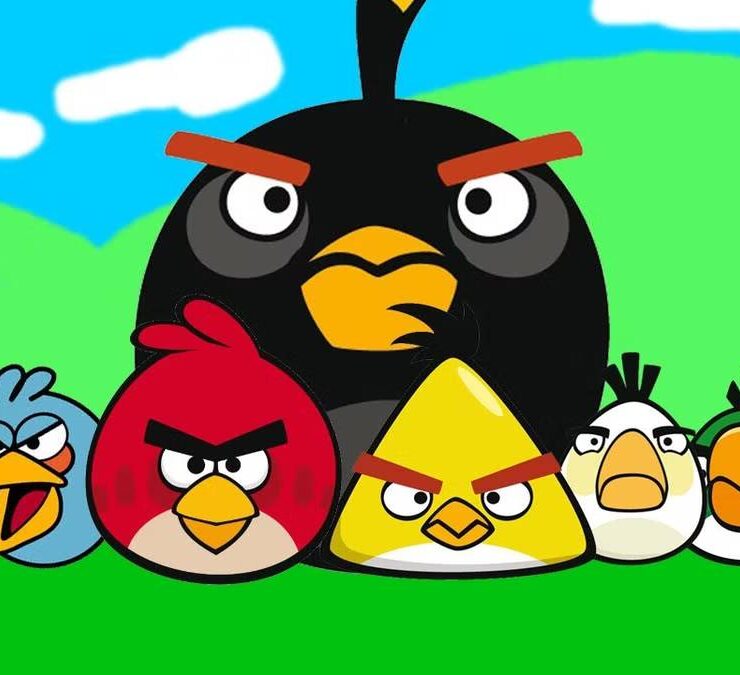Animal Crossing for a First-time Player
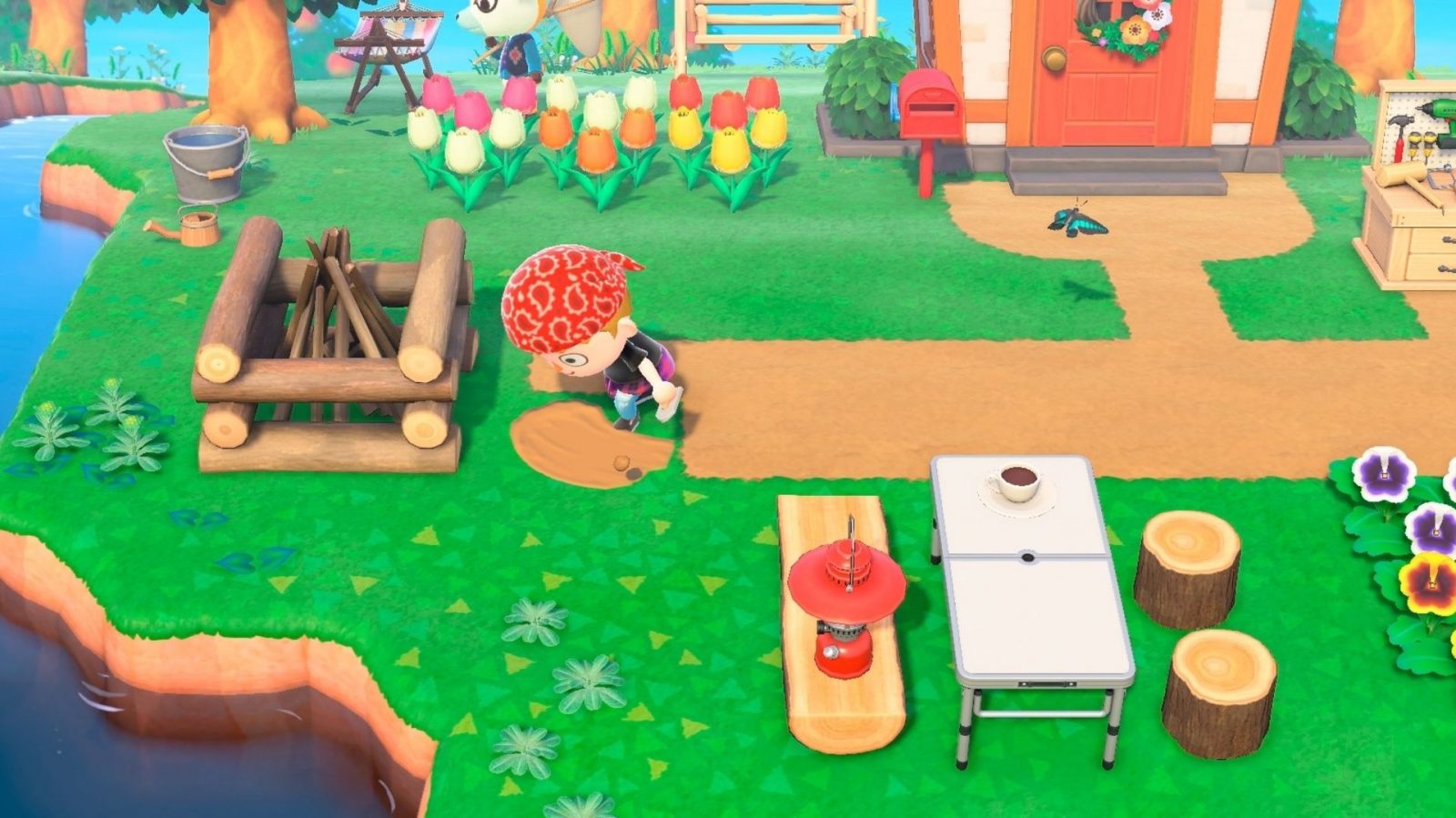
Every long-running Nintendo franchise is beloved, but not every Nintendo fan loves each franchise equally. I’ve loved Mario and Zelda for as long as I can remember. My first Metroid game was Metroid Prime, and I’ve loved the series ever since. But my first foray into Luigi’s Mansion came two years ago with the arrival of the third game (and I loved it). Animal Crossing is another widely beloved series that I’ve never given the time of day. Until now, that is.
The hype for Animal Crossing: New Horizons won me over in a big way several months back. The warm and positive vibes put out by the fanbase on Twitter, and by Nintendo themselves, was enough to convince me that this game would provide wholesome and delightful content. My partner is also a lifelong fan of the series and its release happened to fall on our anniversary, so I picked it up for us to play together and, wow, what an experience this game is. Oh, the wasted years.
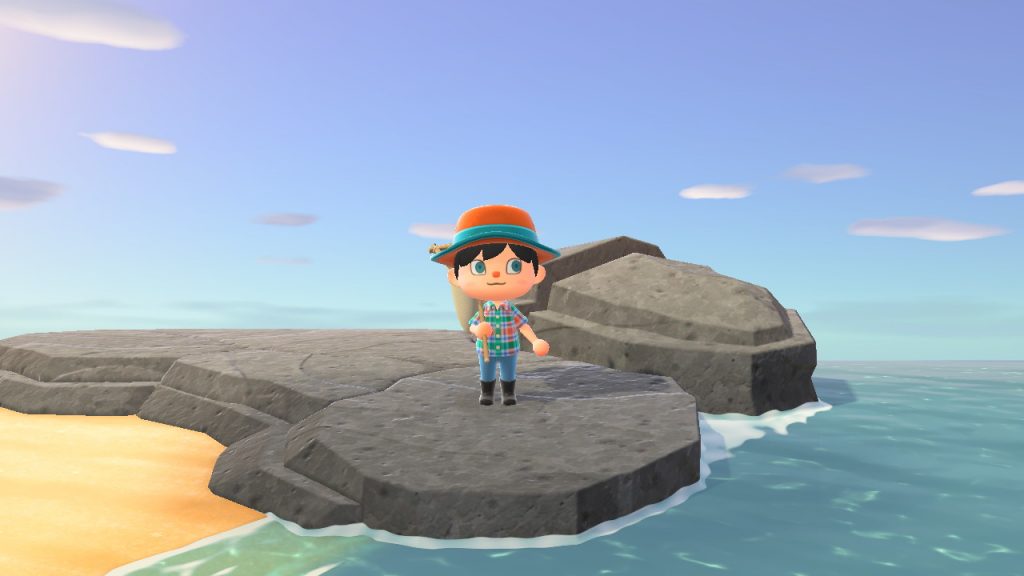
For a first-timer, Animal Crossing: New Horizons does a great job of easing you in slowly, as all Nintendo games do (except, maybe, Breath of the Wild). But where I did feel a little lost was with the characters you meet. These characters are so popular, so joked about, used as memes on a daily basis, that they feel both like friends and strangers to me. I know the capitalism jokes that surround Tom Nook, and how much people love the way that K.K. Slider talks and acts. Now, finally, I get to see where these jokes come from.
I’ve met Tom Nook, and he’s lovely! He offers you an island and a tent that quickly and miraculously transforms into a house. You pay your loan back in a fake currency that you accumulate by being a decent member of the community; there’s no deadline and no interest. Tom Nook is a good person and a bad capitalist, and for that I won’t hear a bad word said against him.
As for why I never took to Animal Crossing before, I had always been put off by the lack of a clear-cut objective. I like narrative and direction. I like progression and achieving goals. I like games that lure players in with lore, aesthetics, story, and a satisfying gameplay loop. Animal Crossing seemed to be lacking all of that. And, yes, I was very wrong. Animal Crossing has all of the things I look for in a game; I just didn’t know that until I finally played it for myself.
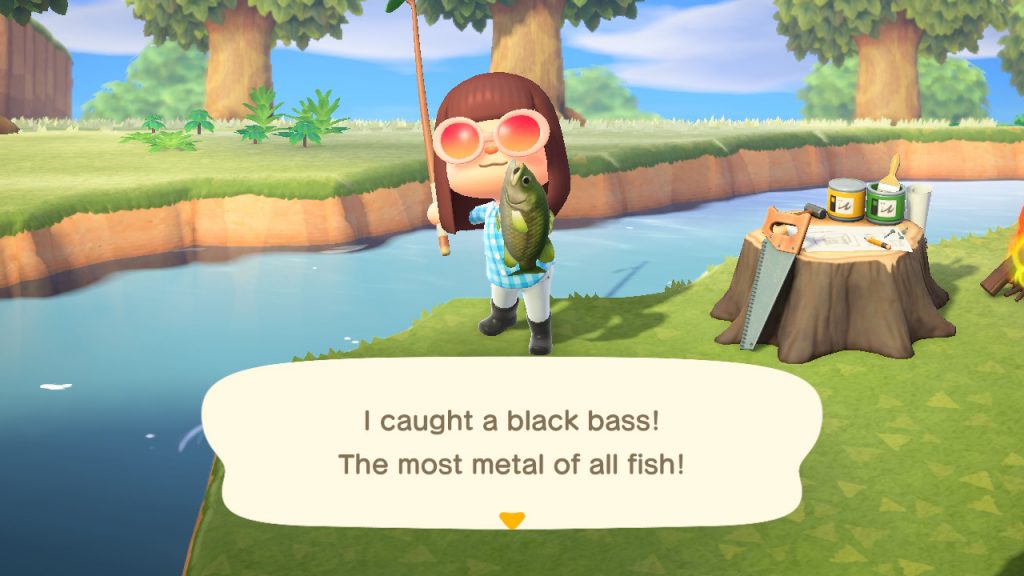
There is a narrative in Animal Crossing, it’s just one that you have to make yourself. The game is about building relationships within a growing community over time. These relationships grow so slowly and organically that they create a more absorbing and tangible narrative than most offered by your typical story-driven video games. I had no idea this was possible until I jumped into it. Your narrative is one that you have to maintain. It leads you but you also have to nurture it; there’s a delicate and engrossing balancing act that you have to play as you make choices, complete favours, and encourage conversation with your new neighbours.
As for direction, that’s there as well. It’s faint, but it’s present in a number of clever ways. When I first arrived on the island, I was met with a fanfare and a presentation. I was given the option to design my character, pick a land layout for my island, which hemisphere I wanted to be in (in order to match the seasons to my own), and even where to pitch my tent, which would soon become a house. From there, it’s a lot of following your gut. There are two other new locals who have arrived with you: talk to them. You explore and realised that there are impassable rivers, so you know that you are restricted to about a third of the island right now. These limitations veer you in certain directions. And, if you still feel lost, you can literally ask Tom Nook: “What should I do?”
And what you end up doing slowly informs your direction and becomes your routine. That’s the loveliest thing about this game: it encourages routine, and that routine leads to growth and change on your island. You can shake trees to gather fruit and branches. You can use the branches to make an axe or a shovel. You can eat the fruit to give your character the strength to use the shovel to dig up the tree. Slowly, the mechanics begin to inform one another and open up new possibilities of play.
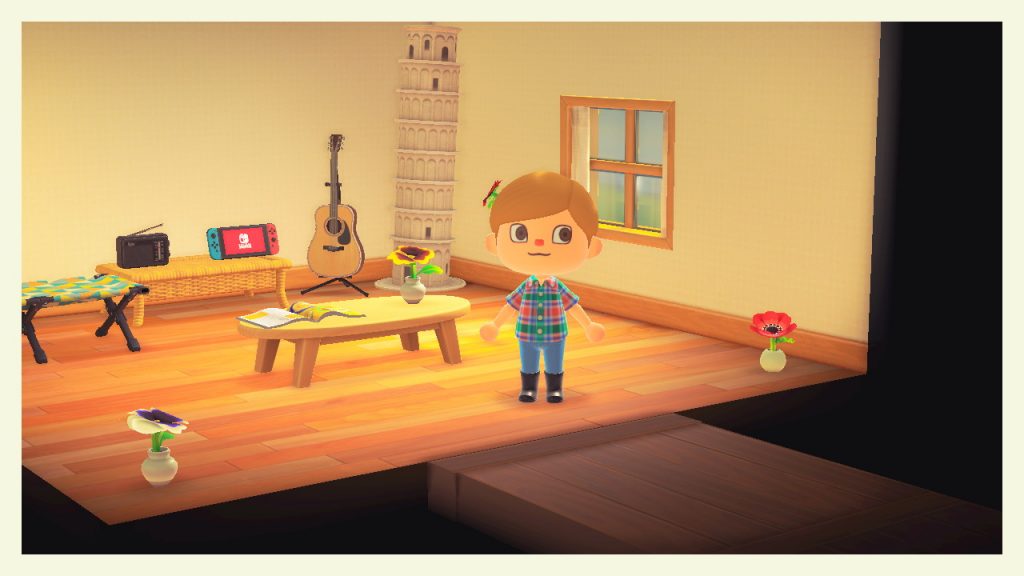
I knew, going into this game, that there was no end goal. I had been shown and told that this game is a marathon, not a sprint. There are daily log-in bonuses. There are changes that occur overnight. Each morning, Toom Nook makes a speech about what’s new on the island. And you are a part of that change. You are growing the community. First, by weeding the land and gathering supplies to make tools. Then by helping new arrivals to build shops and even a museum. Soon enough, you’re planting flowers, traversing new areas, moving the trees and rocks around, and building a town out of what was so recently a barren island.
What’s remarkable is how quickly the game draws you in. I heard from my partner and others that the fictional community that you become part of is so colourful and vibrant that it lures you in and makes you feel a part of something special. And while I’ve had this same feeling when reading novels and playing JRPGs, I never thought it could happen with a small town full of anthropomorphic animals who spend their days fishing and catching bugs. But it does. It happens almost immediately.
The kindly father figure role that Tom Nook affects makes you immediately feel like you can rely on him. Your new neighbours always have something new to say; they each have their own unique and clearly written personalities; they go about their day performing tasks and looking busy. The community is alive and well.
I’m only a few days into Animal Crossing: New Horizons but I’ve already managed to open the museum and, let me tell you, switching on the game this morning to see a brand new and enormous museum sat by the beach, filled with rooms to explore that are wonderfully lit and gorgeously detailed, it was elating. And then to see all the bugs, fish, and fossils I’ve collected slowly filling in that beautiful but empty space was a joy. My mission, right now, is to simply collect as many critters to populate the museum as possible.
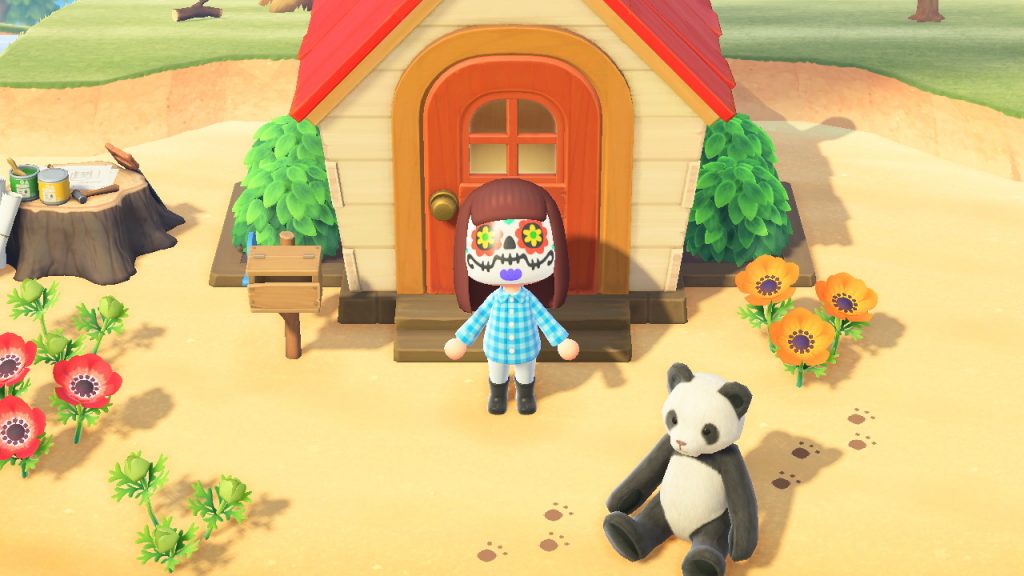
The game moves along in real time. A day is a day, and the night falls in the game as it does out your window. As will the leaves when we move into autumn. This means that you get enough to do each day but also that you can plan for the future. In most games, planning for the future means finishing the game, trophy hunting, completing side quests. In Animal Crossing, it means growing trees from seeds, filling your museum, opening a shop, meeting new people, learning to craft, decorating your home, paying off your debts, I could go on and on. This is a life sim that replaces real life, filtering out all the bad politics and stresses, leaving you with a perfect community that you feel proud to be a part of and a real urge to grow and look after.
There’s another me in another reality who didn’t give this game a shot. He’s almost thirty, and he still refuses to give Animal Crossing a try. He’s suffering a global pandemic and self-imposed isolation without the comfort that Animal Crossing provides on a daily basis. That man is a moron. If you have a Switch, don’t be like him. If, like me, you’ve never played Animal Crossing, let go of your reservations. It’s a magical game that deserves your attention. It is joy in a cartridge (or digital download). Pick it up, get stuck in, and from the beach of your new island you can wave goodbye to all your problems as they sail over the horizon.
Thank you for stopping by Nintendo Link and reading one of Will Heath’s outstanding features. What did you think of his virgin thoughts of the franchise? Let us know in the comments below!
What's Your Reaction?
Will Heath is a freelance writer and digital nomad from the UK who mostly splits his time between London and Tokyo. He runs the website Books & Bao – a site dedicated to international literature and world travel – and writes about video games for Nintendo Link and Tokyo Weekender.






